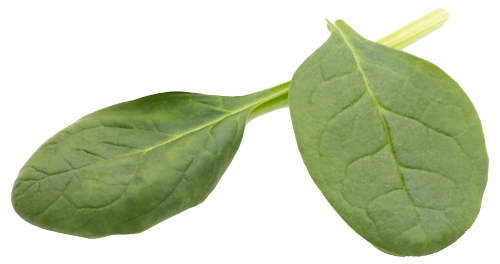- Dubai, UAE
- info@drsadiyalifestyle.com

Menu



Coffee and tea, especially when enjoyed without the accompaniments of milk, creamers, sugar, or sweeteners, emerge as two of the healthiest beverages available. These superfoods boast not only high concentrations of antioxidants but also a powerful punch of caffeine. However, there’s a catch!
Caffeine, a global phenomenon, is primarily derived from sources like coffee, tea, colas, energy drinks, and even cocoa (think chocolate). Ever pondered over the morning ritual of reaching for that cup of coffee? Is it the surge of energy and alertness, or could it be a subtle relief from the impending withdrawal symptoms (courtesy of caffeine)?
Dr. Peter Rogers, a distinguished professor of psychiatry and pharmacology at Vanderbilt University, conducted research revealing that habitual coffee drinkers develop a dependence on caffeine to reclaim their baseline alertness, steering clear of the notorious side effects of caffeine withdrawal, like those pesky headaches.
If you aren’t a coffee drinker, you get the same alertness from your own natural stimulants—dopamine and adrenalin. In other words, drinking coffee relieves the symptoms of caffeine withdrawal. The plot thickens: coffee is, indeed, addictive.
Coffee is no simple concoction; it’s a blend of over a thousand chemicals. What sets the tone for your cuppa? It’s a fusion of coffee bean type, roasting method, grind quantity, and brewing technique. Moreover, how your body responds to coffee or caffeine is as unique as your fingerprint. Interestingly, the more caffeine you consume, the more your body and brain become resistant to their own natural stimulants. This leads to a reliance on external stimulation to feel normal.
While short-term caffeine intake can spike blood sugar, long-term studies showcase a lower risk of type 2 diabetes in habitual coffee drinkers compared to non-drinkers. The polyphenols and minerals in coffee, such as magnesium, potentially enhance insulin effectiveness and glucose metabolism.
In a comprehensive study covering 45,335 people with type 2 diabetes over 20 years, an intriguing link emerged—more coffee correlated with a lower diabetes risk. The benefits were noteworthy, ranging from an 8% reduction with 1 cup daily to an impressive 33% decrease with 6 cups daily. Interestingly, caffeinated coffee exhibited slightly greater benefits than its decaffeinated counterpart.
An umbrella review of 17 meta-analyses suggested that moderate coffee consumption (around 3 to 4 cups per day) is generally safe. However, the health merits of a plain black coffee might be drowned in the extra calories, sugar, and saturated fat found in fancy coffee house beverages.
Don’t feel obligated to embrace coffee if it’s not your cup of tea (pun intended). There are various dietary strategies to enhance health.
The tea landscape is diverse, ranging from the robustness of black tea to the delicacy of white tea, all sourced from the leaves of the same tea shrub but processed differently. White tea steals the spotlight as the least processed among its counterparts. On the flip side, herbal teas, although versatile in their origin, are not derived from the tea plant.
The tea shrub emerges as a powerhouse of phytonutrients with potent antioxidant activity. However, processing takes its toll, diminishing these antioxidants. White and green teas, being less processed than black tea, emerge as more beneficial. Notably, studies hint at the potential of matcha green tea compounds in combating cancer.
Delving into a comprehensive review of 96 meta-analyses, tea emerges as a health ally rather than a foe. The magic number appears to be two to three cups daily, conferring protective effects against type 2 diabetes, overall mortality, cardiac-related deaths, heart disease, and strokes.
The perennial question about milk’s impact on tea’s antioxidant activity finds an answer—it does reduce it, but not significantly. For those seeking to maximize the health benefits, skipping the milk might be the way to go. However, if you relish your tea with milk, moderation is key, considering the type of milk, daily cups, and any added sugars or sweeteners. A twist of lemon, particularly in white tea, goes beyond flavor, enhancing antioxidant content through a pH change.
6. Deng R. A review of the hypoglycemic effects of five commonly used herbal food supplements. Recent Pat Food Nutr Agric. 2012 Apr 1;4(1):50-60. doi: 10.2174/2212798411204010050.
+971528254859
Copyright © 2022 |
Powered by Digital Exponents
WhatsApp us